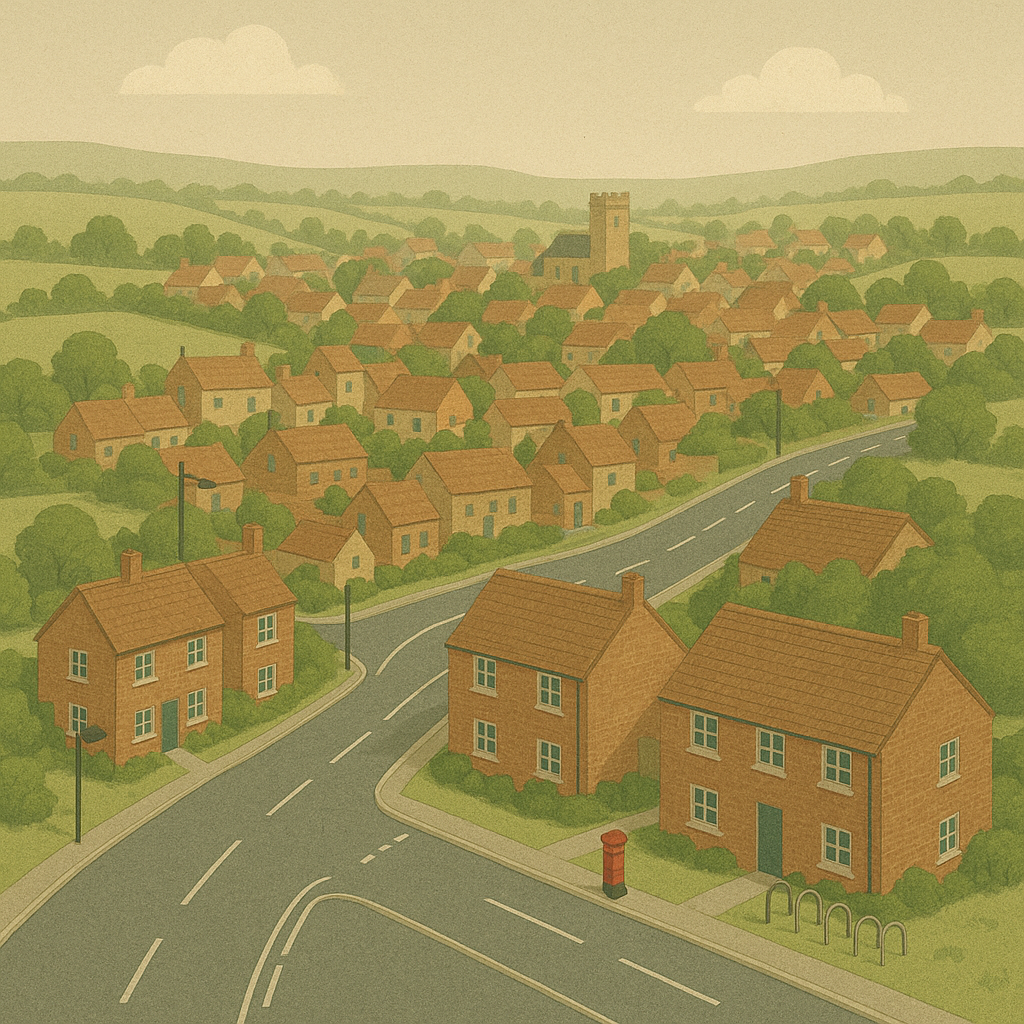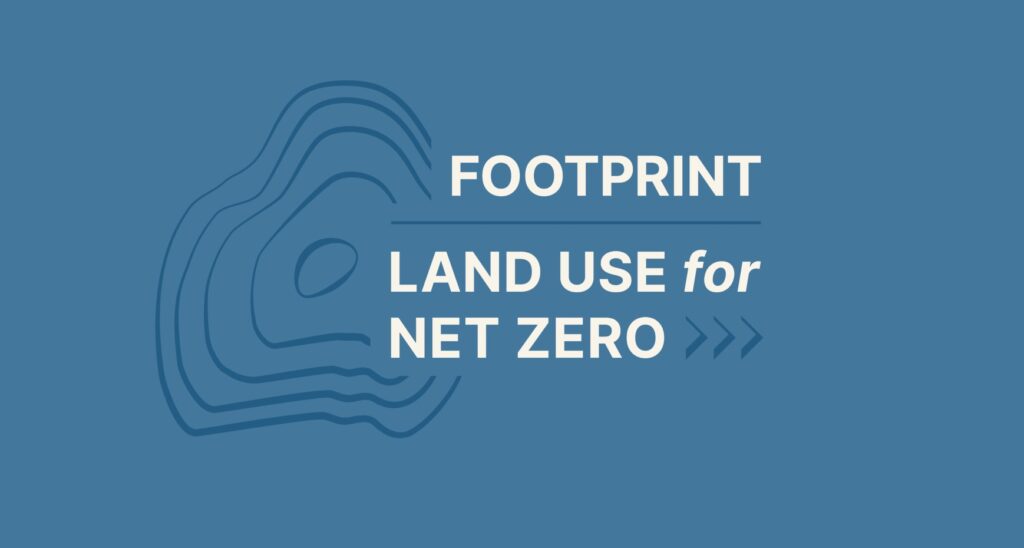The CCRI was one of several European partners researching into good practice in food production and consumption in urban areas as part of a major European Commission food project, Supurbfood.
Running from 2012 to 2015, the project looked at seven urban case-study regions across Europe: Bristol, Rome, Riga, Rotterdam, Vigo, Zurich and Ghent. The CCRI carried out research in the Bristol city-region, which includes Bath and North East Somerset, Bristol City, South Gloucestershire and North Somerset (formerly the county of Avon).
Supurbfood was led by Wageningen University in The Netherlands. It explored good practice in the development of food production and consumption within city regions. It investigated how short food chains make a contribution to local food needs, and what this means in terms of food waste, land and water use, as well as soil nutrient levels in the food production areas adjacent to cities.
Across the EU, cities are becoming increasingly important arenas within which the multiple concerns of food and land use are played out. On the one hand, local and regional devolution has created new opportunities and responsibilities in relation to public health, planning and resource use. On the other hand, issues such as food price rises, climate change and pressures on agricultural land mean that the resilience of the food system is a question of deep concern much closer to home.
During the course of the project the CCRI looked at examples of best practice, particularly where people have managed to integrate community and environmental benefits, with the aim of putting them in a common pool to be shared across the cases studies, and eventually to a wider audience.
The CCRI team interviewed experts, public officials, food business managers and community activists in the Bristol city-region.
The research revealed key opportunities for Small and Medium-sized Enterprises (SMEs) to explore innovative entrepreneurial strategies along the entire food chain. The benefits include not only employment, but better access to fresh food, using urban spaces for a wide range of activities that enhance the environment and, through localising recycling, a reduction in greenhouse gases.
Researchers found that many innovative SMEs are already pioneering entrepreneurial efforts to address urban food provisioning and security.
In the Bristol case-study, the CCRI highlighted the work of FairShare South West, a small organisation working with the food industry to minimise food waste and distributing quality surplus food to those in need. Its research has also highlighted the important role of citizens in Bristol in instigating the dynamic civic environment that underpins initiatives such as European Green Capital.
The CCRI team was led by Dr Matt Reed, with Drs Dan Keech, James Kirwan and Damian Maye.
“One of the unique features of Supurbfood has been that we have always worked with SMEs as research partners, so we have understood their perspective. We are now publishing lots of short and useful resources that help people access that learning quickly.”
Dr. Reed
“We have worked with a global organisation called RUAF, who has experience across the world with urban agriculture and that has helped a lot. We have published details about our research in Bristol and Bath in RUAF’s free magazine; the whole edition reflects the work of the project.”
Dr. Keech
Urban Agriculture Magazine (No 29 – City Region Food Systems, p.26-29. May, 2015) ‘Building a Bristol Food City Region from the Grass Roots up: Food strategies, action plans and food policy councils – read article
Findings from across the Supurbfood partnership also highlighted the case for food growing areas, such as rooftop gardens, community gardens and allotments, to be made mandatory in new or renovated housing developments, and for more public investment to stimulate urban food system enterprise development.
- View the project web-site: www.supurbfood.eu
Dutch Masters Students visit Bristol

News item: October 2014
A group of Dutch students and tutors from the Academy of Architecture, University of Amsterdam, visited two of the regions as part of a design studio for master students in architecture, urban design and landscape architecture. The first visit was Vigo, in north west Spain, and the second was Bristol, between 19th – 21st September, which is the region where the CCRI has been carrying out its research. CCRI’s Dr Dan Keech accompanied the group.
On this visit the Dutch visitors toured, firstly, the Ashley Vale neighbourhood of St Werburgh’s in east Bristol. This neighbourhood comprises over 40 self-built homes, housing over 100 residents and a range of local small businesses and community groups. A distinctive feature is that the land was bought by a group of local residents in 2000 to be able to take control of local development needs. The visit revealed how the colourful buildings and the associated green landscaping are beginning to mature, issues of access and integration and details of community-led development and the intricacies of self-building.

Afterwards, the Dutch visitors walked to the warehouse of Fareshare SouthWest. Fareshare is a charity which redistributes food rejected by supermarkets and other large food companies. While all food is safe to eat, it is often cheaper or less bother for such companies to reject products with damaged packaging or which is beginning to approach its sell-by date. Fareshare sees its job as both moral and environmental, by removing food which would otherwise be dumped into landfill, it also redistributes the perfectly edible food to social food projects around the region.
Following lunch at St Nicholas Market, which has undergone significant renovation in recent years and is a keystone in Bristol Council’s strategy to develop a food quarter, the students also visited the Blue Finger. Both areas are included in Bristol Food Policy Council’s vision for more sustainable food system. The Blue Finger is a long, thin piece of prime quality agricultural land 500m wide and stretching 20km from the edges of the city centre right out into the South Gloucestershire countryside. Richard Spalding, a lecturer at the University of the West of England, has long been associated with the campaign to protect the Blue Finger, explained a vision for feeding Bristol with food grown in this land, as well as the threat it faces through development and urban expansion.
Download Supurbfood project summary
- Documents and final reports can be found on the Supurbfood website.
- View this project on the EU CORDIS website


This project has received funding from the European Union’s Seventh Framework Programme for research, technological development and demonstration under grant agreement no 312126.




